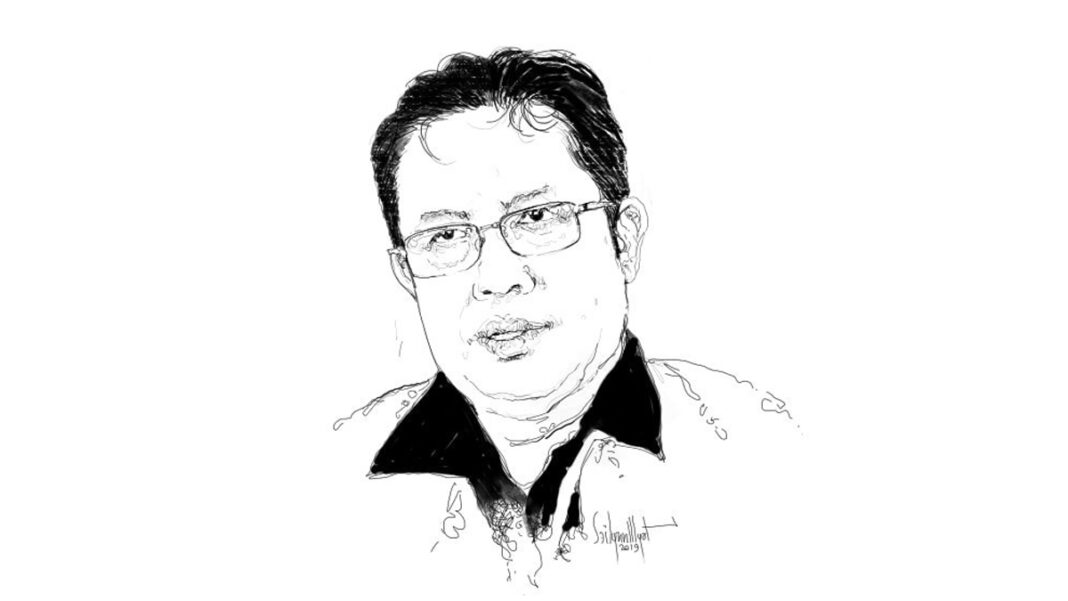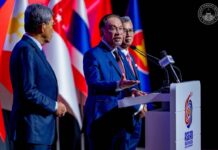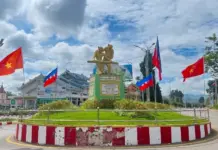The impact of China’s participation in the Myanmar crisis cannot be ignored. With its recent intervention facilitating a ceasefire agreement between the military junta and the Three Brotherhood Alliance (3BHA), China has positioned itself as a pivotal player in the country’s political landscape.
Initially, the military junta had outlined plans to establish an interim government and conduct elections, with junta leader Min Aung Hlaing pledging to step down from his role in the State Administration Council (SAC) to serve solely as army commander during this transition period. However, China’s intervention and the subsequent ceasefire arrangement put these plans on hold. Instead, the SAC reshuffled its cabinet on January 22, indicating Min Aung Hlaing’s intent to prolong his stay in power for at least another year.
Despite this temporary stability, it’s evident that the situation remains fragile. The ceasefire between the 3BHA and the military junta is unlikely to endure, and conflict persists in various regions of the country. Groups like the Arakan Army (AA) and the Kachin Independent Army (KIA), along with the People Defense Forces (PDFs), continue to engage in hostilities, expanding their territorial control and challenging the junta’s authority.
Additionally, the military junta faces internal challenges, including defections from its own ranks and refusals to cooperate from certain Border Guard Forces (BGFs), such as the Karen State’s Border Guard Force. Economic sanctions imposed by numerous countries have further weakened the junta’s grip on power, exacerbating the country’s already precarious economic situation.
China’s involvement in brokering the ceasefire reflects its vested interests in Myanmar, particularly its economic investments, such as oil and gas pipeline projects, and its desire to maintain geopolitical influence in the region. While China has historically supported Myanmar’s military junta, its recent actions suggest a nuanced approach, balancing engagement with both the government and revolutionary groups.
In response, these revolutionary groups are keenly aware of China’s interests and leverage this knowledge to advance their own nationalist agendas. The 3BHA, for example, has seized upon opportunities presented by China’s intervention to further its goals in recent months.
As Myanmar grapples with political turmoil and uncertainty, China’s role as a mediator and stakeholder will continue to shape the trajectory of the crisis. Balancing its economic interests with regional stability, China wields significant influence over Myanmar’s future direction, making it a central figure in the ongoing struggle for power and legitimacy within the country.

















Leave a Comments